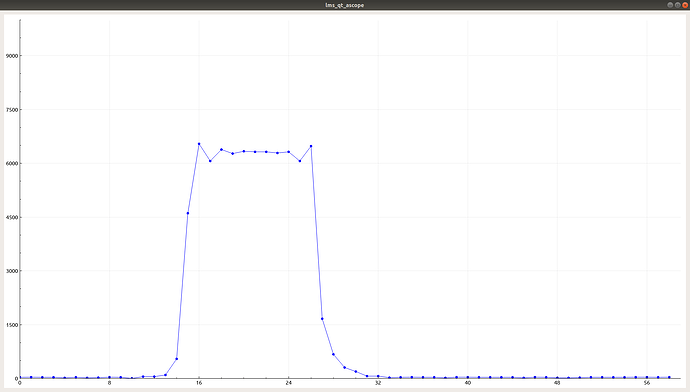Hello everyone,
I faced a problem when my LimeSDR has a different offset for periodic pulse in loopback mode.
Topics with the similar problem:
- Cannot create consistent loopback ;
- [LimeSDR-Mini] Synchronized TX/RX Loopback Random Sample Offset .
Environment (system configuration):
- host OS: Linux;
- LimeSDR library: v20.07.2 (latest);
- board: LimeSDR USB (LMS7002M);
- gateway: 1.4 r2.23 (latest);
- work mode: 1x1, loopback using a RF cable with 20dB attenuator.
Problem:
- If a pulse is transmitted with odd period (odd number of samples) the received signal front has a different offset (one sample difference) from period to period. The described problem has a 100% reproduce rate.
- If a pulse is transmitted with even period (even number of samples) the received signal has the same offset of received signal front from period to period. But from sessing to session (after stream stopping and starting again) it may have a difference by one sample. This problem has a low reproduce rate (about 10%)..
Screenshots below illustrate the problem number 2:
Note: both screenshots have been captured with the same LimeSDR configuration but during different work sessions.
To make the issue investigation easier I’ve prepared a project with a minimal code example:
https://github.com/Gluttton/LimeLoop
The project is pretty simple, so it doesn’t have UI controls for signal adjustment. To change a work mode the source code has to be modified. The project readme file has some general explanation, but in case of additional questions, I would be glad to provide the all necessary information!
I hope that with this example it would be very easy to reproduce the issues on your side (at least the issue 1).
Any help would be greatly appreciated!






